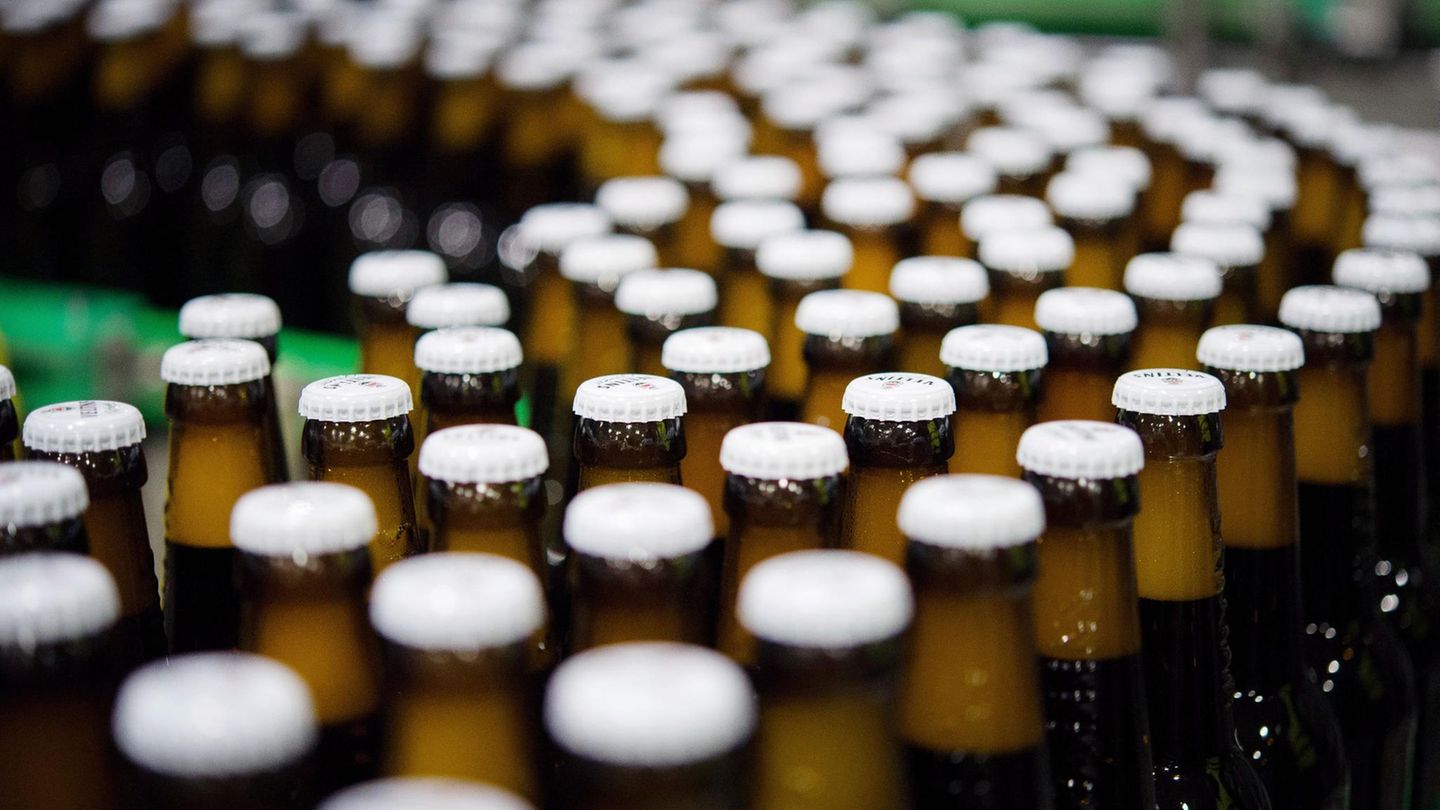At the ceremony for the 53-year-old who was murdered around two weeks ago, shots were fired on Friday (local time) in the northern city of Cap-Haïtien, and the security forces used tear gas. Some of the mourners then fled the place of burial. Barricades were erected in the city and vehicles were set on fire.
Members of the government, representatives of foreign governments and diplomats had gathered in the afternoon for the outdoor ceremony on the grounds of Moïse’s family residence. The president’s coffin was wrapped in the red, white, and blue Haitian flag, and over it was the presidential sash.
At first, the ceremony, which lasted several hours, went off without incident. When later shots were fired outside the burial site and the police used tear gas, some participants fled the place amid clouds of tear gas.
US President Joe Biden sent a high-ranking delegation to the funeral, including the US Ambassador to the United Nations, Linda Thomas-Greenfield. Thomas-Greenfield later said that the delegation had “safely” arrived back in the USA. Biden’s National Security Advisor Jake Sullivan expressed “deep concern about the situation on the ground in Haiti”.
There had already been clashes in the city earlier this week when Police Chief Léon Charles inspected the security precautions for the funeral. Many residents of northern Haiti accuse the security forces of not having adequately protected Moïse. Also on Friday, several streets in Cap-Haïtien were blocked by barricades and cars in flames and shops were burned down.
President was shot dead in his home
Moïse was shot dead by a murder squad on the night of July 7th in his home in the capital Port-au-Prince. According to the police, “26 were Colombians and two US citizens of Haitian origin”. The attack is said to have been planned by Haitians with political ambitions and connections abroad. More than 20 people have been arrested since then.
In her funeral speech, Moïse’s widow Martine, who was injured in the attack and flown to Florida for treatment, complained that her husband had been “brutally murdered”. “What crime did you commit to deserve such punishment?” she asked. The widow called Haitian politics “rotten and unfair”. Your husband tried to change that. But “overnight” “the whole system” turned against him. Yet she does not want “revenge or violence”.
The murder plunged the Caribbean country, which was already marked by instability and poverty, into an even deeper crisis. Moïse had last ruled Haiti by decree after a parliamentary election planned for 2018 was postponed, among other things because of protests against him. This week, the new Prime Minister Ariel Henry took office. At his inauguration on Tuesday, the 71-year-old former neurosurgeon promised to do everything in his power to restore security and order. These are a prerequisite for free and fair elections.
Moïse had named Henry as the new prime minister as one of his last acts. After Moïse’s death, there was a power struggle between Henry and interim Prime Minister Claude Joseph, who had declared a state of emergency after the attack. Joseph returned to his post as Secretary of State on Tuesday.
Haiti has no functioning parliament and only a handful of elected senators. There is also no interim president yet.




